[Joint CQSE & NCTS Seminar] Introduction to trapped-ion quantum computing
Title: [Joint CQSE & NCTS Seminar] Introduction to trapped-ion quantum computing
Speaker: Prof. Guin-Dar Lin (NTU)
Time: 2025/10/3 (Fri.) 14:20-16:20
Place: Rm. 104, Chin-Pao Yang Lecture Hall, Department of Physics/CCMS, NTU
Online: https://nationaltaiwanuniversity-zbh.my.webex.com/nationaltaiwanuniversity-zbh.my/j.php?MTID=m35c57ceb3c91fd5af3ca30d927e989a1
Abstract
Quantum computing is poised to revolutionize information processing by harnessing superposition and entanglement to solve problems intractable for classical computers. Among the various hardware platforms under development, trapped-ion systems stand out for their long coherence times, high-fidelity quantum gates, and excellent scalability potential. This talk will introduce the fundamentals of quantum computing, highlighting the principles that make trapped ions a leading candidate for building a practical quantum computer. We will explore how ion traps function, from electromagnetic confinement to laser-based quantum logic operations, and discuss the physical underpinnings of qubit initialization, control, and readout. Key challenges, such as scaling up ion-trap systems, mitigating motional decoherence, and optics integration, will be examined alongside recent progress in commercial and academic efforts.Biography
Dr. Guin-Dar Lin received his B.S. degree in Electronics Engineering and M.S. degree in Physics from National Taiwan University in 1998 and 2000, respectively, and his Ph.D. degree in Physics from the University of Michigan, Ann Arbor, in 2010. Following graduation, he conducted postdoctoral research at the University of Connecticut (2010-2012) and at the Institute for Theoretical Atomic, Molecular, and Optical Physics (ITAMP) at the Harvard-Smithsonian Center for Astrophysics and the Harvard Department of Physics (2010-2013). He served as an Assistant Professor (2014-2020) and has been an Associate Professor (2020-present) in the Department of Physics at National Taiwan University. Since 2021, he has also been the Director of the Trapped-Ion Quantum Computing Laboratory at the Hon Hai Research Institute, Foxconn.


